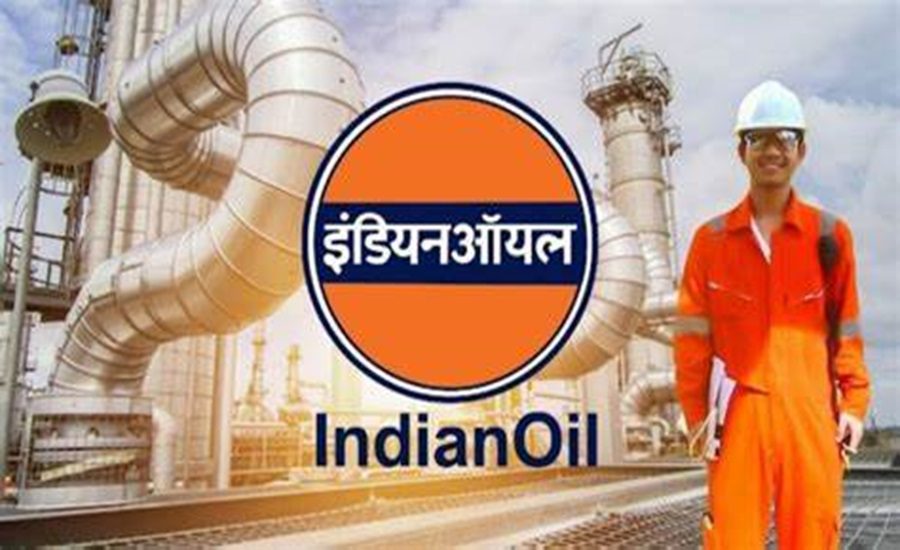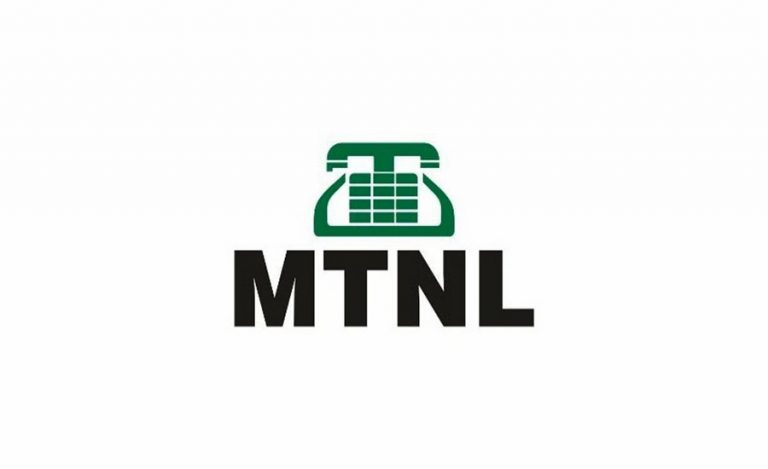Indian Oil Corporation Limited (IOCL), the state-owned oil major, reported a sharp 98.6% decline in net profit for the second quarter of the fiscal year 2024-25, primarily due to a reduction in refinery margins and shrinking marketing margins. The company posted a standalone net profit of Rs 180.01 crore for the July-September period, a significant drop from Rs 12,967.32 crore during the same period last year, as per its filing with the stock exchange.
The quarterly profit also saw a sequential decrease from Rs 2,643.18 crore in the first quarter (April-June). Apart from reduced refinery margins, IOCL incurred substantial under-recoveries from selling domestic LPG at government-set prices, which were lower than the cost. For the half-year ending on September 30, these under-recoveries amounted to Rs 8,870.11 crore.
IOCL reported a gross refining margin of USD 4.08 per barrel for converting crude into fuels like petrol and diesel, down from USD 13.12 per barrel in the previous year. Additionally, pre-tax earnings from downstream fuel retail fell drastically to Rs 10.03 crore in the latest quarter, compared to Rs 17,755.95 crore a year earlier.
Revenue from operations dipped slightly to Rs 1.95 lakh crore in July-September, down from Rs 2.02 lakh crore in the same quarter last year, amid softer international oil prices. IOCL sold 21.931 million tonnes of petroleum products in Q2, a slight decrease from 21.941 million tonnes a year earlier, and processed 16.738 million tonnes of crude oil, lower than the 17.772 million tonnes in the same quarter of 2023.
The company, along with other public-sector fuel retailers like HPCL and BPCL, had previously benefited from a price freeze on petrol and diesel, allowing recovery from prior-year losses incurred when retail prices were not increased despite cost rises. However, profits were impacted recently when petrol and diesel prices were reduced by Rs 2 per litre each before the general elections, compounded by declining product cracks (the price difference between crude oil and refined products) following the highs of 2022-23.






























